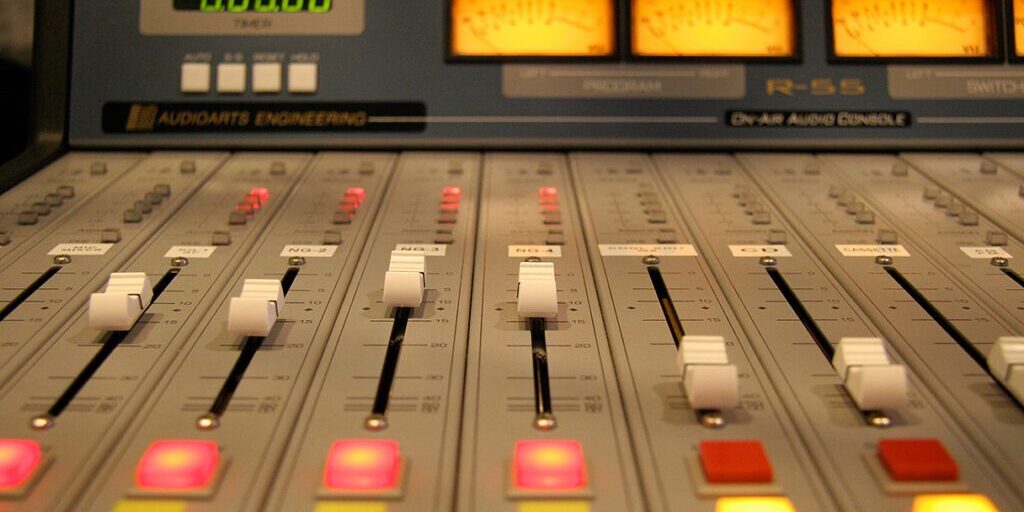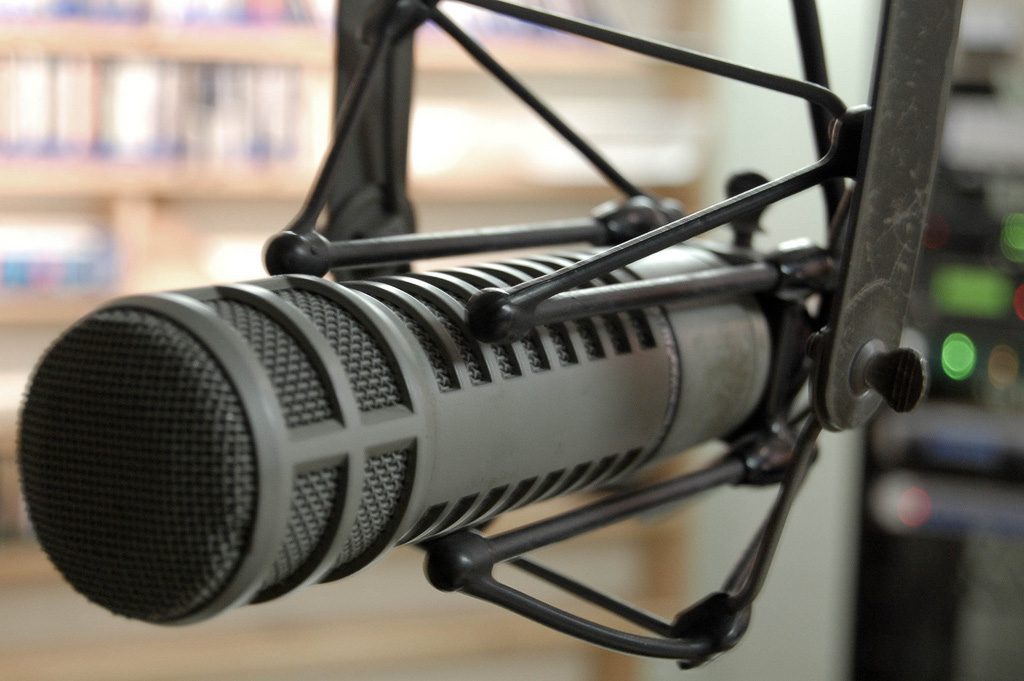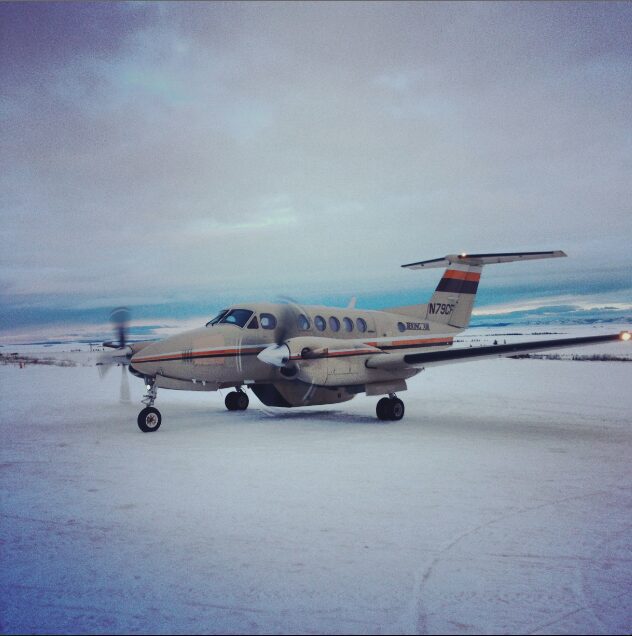As the new volunteers spend time together during our first week as a house, we are reflecting a lot on our training at KNOM and how it relates to our previous work and schooling experiences.
I studied Anthropology and was indoctrinated in anthropological ethics including: who do you interview, what do you record, what do you publish, and what should you do after your work has been published. As a discipline wavering between the soft sciences and the liberal arts, anthropologists try to prove that anthropology matters, and that there is an ultimate goal for each project. Each anthropologist, however, must decide what that goal is.
The ideal for an anthropological interview is: acquire permission from the subject, then record, transcribe, edit, analyze, and publish the interview. Radio interviews are similar, except that instead of being transcribed, the interviews are run through an editing program in which the editor may remove speech ticks, pauses, stutters, and repetition. You know those This American Life episodes where everyone sounds incredibly articulate, despite never having had radio or performance training? Don’t worry about it – that’s not how they sound in real life. They pause and say “um” and “you know” and “like” just like everyone else, except that they get the benefit of these hesitations being taken out in the production process. Radio is timed, and interviews must fit exactly within their allotment.
The editor is responsible, then, for deciding how much to take out of the interview, as well as how much to put in. To most effectively edit, it is necessary to consider the goal of the interview. Should the interview convey news? Is someone telling a fictional story? Is it a memoir? People are extremely sensitive to audio cues, so these editing techniques can really sway the listener. The length of a pause matters a lot when a candidate running for public office is speaking, but how do pauses affect an interview about fishing techniques on the Seward Peninsula? If the person interviewed about fishing techniques pauses too long and too often, the listener may choose to switch to a different radio station rather than listen to the information presented in the interview. Would putting music between the pauses make the information flow more smoothly? What kind of music?
Radio, like anthropology, is both an art and a science. A story must captivate and compel the listener while keeping within an exact time frame. It is the responsibility of the producer and reporter to ensure that the listener is given clear and accurate information. We’re a young set of volunteers this year, and I can’t wait to see how the 2013-2014 volunteers develop their radio skills and become more effective and inspirational communicators throughout the year.







